US assembly standards, combining mandatory federal regulations and voluntary UL certifications, profoundly impact e-bike quality and safety by ensuring robust mechanical construction and electrical system integrity. Compliance with these standards, especially UL 2849 and CPSC regulations, reduces hazards such as battery fires and mechanical failures while reinforcing durability and reliability in the marketplace.
How Do Electrical Standards Like UL 2849 Affect E-Bike Safety?
UL 2849 certification, a voluntary but widely respected standard, mandates rigorous testing of the entire e-bike electrical system, including battery, charger, motor, and controller. This standard lowers risks of fire, electric shock, and component malfunctions by enforcing thermal management, overcharge protection, and short circuit resistance, markedly enhancing rider safety.
Many retailers and cities, such as New York City, require UL certification to ensure consumer protection and regulatory compliance.
Electrical Safety Certification Impact Chart
| Aspect | Benefits | Outcome |
|---|---|---|
| Thermal Management | Prevents overheating | Longer battery life |
| Overcharge Protection | Avoids battery damage | Reduces fire risk |
| Short Circuit Prevention | Electrical system integrity | User safety and reliability |
What Are the Mandatory Mechanical Standards Set by the CPSC?
The Consumer Product Safety Commission (CPSC) enforces 16 CFR Part 1512, which mandates baseline mechanical safety for all bicycles, including e-bikes. These standards require durable frame construction, reliable steering, secure braking systems, and comprehensive assembly instructions. Compliance ensures structural integrity under stress, effective braking at e-bike weights and speeds, and user safety free from injury risks due to poor assembly.
How Does Domestic Assembly Influence E-Bike Quality and Reliability?
E-bikes assembled in the US benefit from meticulous, hands-on quality control with multiple inspections throughout production. This results in fewer manufacturing defects, higher durability due to corrosion-resistant parts, and generally longer product lifespans compared to mass-produced imports. Domestic assembly fosters accountability, enabling closer adherence to stringent safety and quality protocols.
Why Is UL 2271 Important for E-Bike Battery Safety?
UL 2271 focuses specifically on battery pack safety, including testing for cell quality, thermal stability, and electrical isolation. While it addresses battery-level risks, it complements UL 2849, which ensures system-level safety. Certified batteries reduce the likelihood of thermal runaway and fires, a critical factor given lithium-ion battery hazards in some unchecked imports.
How Do Assembly Practices Affect the Overall Durability and Performance of E-Bikes?
Thorough assembly practices ensure that all bolts, fasteners, brake systems, and drivetrain components are correctly installed and tightened, preventing early malfunctions or failures. Proper assembly also includes quality frame welding and torque application, influencing e-bike stiffness, ride quality, and resistance to mechanical fatigue, thereby contributing to rider confidence and bike longevity.
What Are the Risks of Using Uncertified or Imported E-Bikes Without Proper Standards?
Cheaper imported models without UL certification or CPSC compliance can expose riders to increased risks of electrical failures, battery fires, and mechanical breakdowns. These e-bikes may feature subpar components, inferior assembly, and dangerous electrical designs. Despite lower upfront costs, they often incur higher repair expenses and safety hazards.
Where Are UL-Certified and US-Assembled E-Bikes Commonly Available?
Many US brands provide UL-certified batteries and assemble e-bikes domestically or through controlled partner facilities. These sources prioritize compliance with federal and international standards, offering warranties and customer support that ensure peace of mind and long-term value.
Can Compliance with US Assembly Standards Lower the Total Cost of Ownership?
Yes, sturdy assembly, certified components, and rigorous testing reduce the frequency of repairs, extend battery life, and enhance safety—lowering overall ownership costs despite a higher initial price. Quality control reduces warranty claims and enhances resale value.
How Do These Standards Influence Consumer Trust and Brand Reputation?
Brands meeting US assembly standards build consumer confidence, showcasing commitment to safety and quality. Transparent adherence to certifications and regulations attracts customers valuing reliability, which is critical in the rapidly evolving e-bike market.
Buying Tips
When purchasing an e-bike, look for UL 2849 and UL 2271 certifications ensuring electrical safety, and verify compliance with CPSC mechanical standards. Favor e-bikes assembled in the US or under strict quality control for durability. Choose reputable brands offering warranties and after-sales support. Avoid low-cost, uncertified imports that risk safety and costly repairs. Confirm clear assembly instructions and inquire about quality control processes.
TST EBike Expert Views
“TST EBike knows that assembly standards are the backbone of safe, reliable electric bikes. We integrate UL certifications to safeguard integral electrical systems and adhere to CPSC mandates for tough mechanical components. Our commitment to domestic assembly enhances quality control and accountability, giving riders durable, trustworthy e-bikes built for real-world conditions. Investing in certified products not only protects consumers but advances the sustainable growth of e-mobility.”
Frequently Asked Questions
What is UL 2849 certification for e-bikes?
A safety standard testing entire electrical systems, including batteries and controllers, to prevent fire and electrical hazards.
Are all e-bikes required to have UL certification?
No, UL certification is voluntary but increasingly requested by cities, retailers, and safety advocates.
What does CPSC regulate in e-bike assembly?
Baseline mechanical safety including frame integrity, brakes, pedals, steering, and secure assembly.
Is US-assembled better than imported e-bikes?
Often yes, US assembly offers stricter quality control and higher accountability.
Can I trust cheaper e-bikes without certifications?
Cheaper uncertified models may pose safety risks and have higher maintenance costs over time.
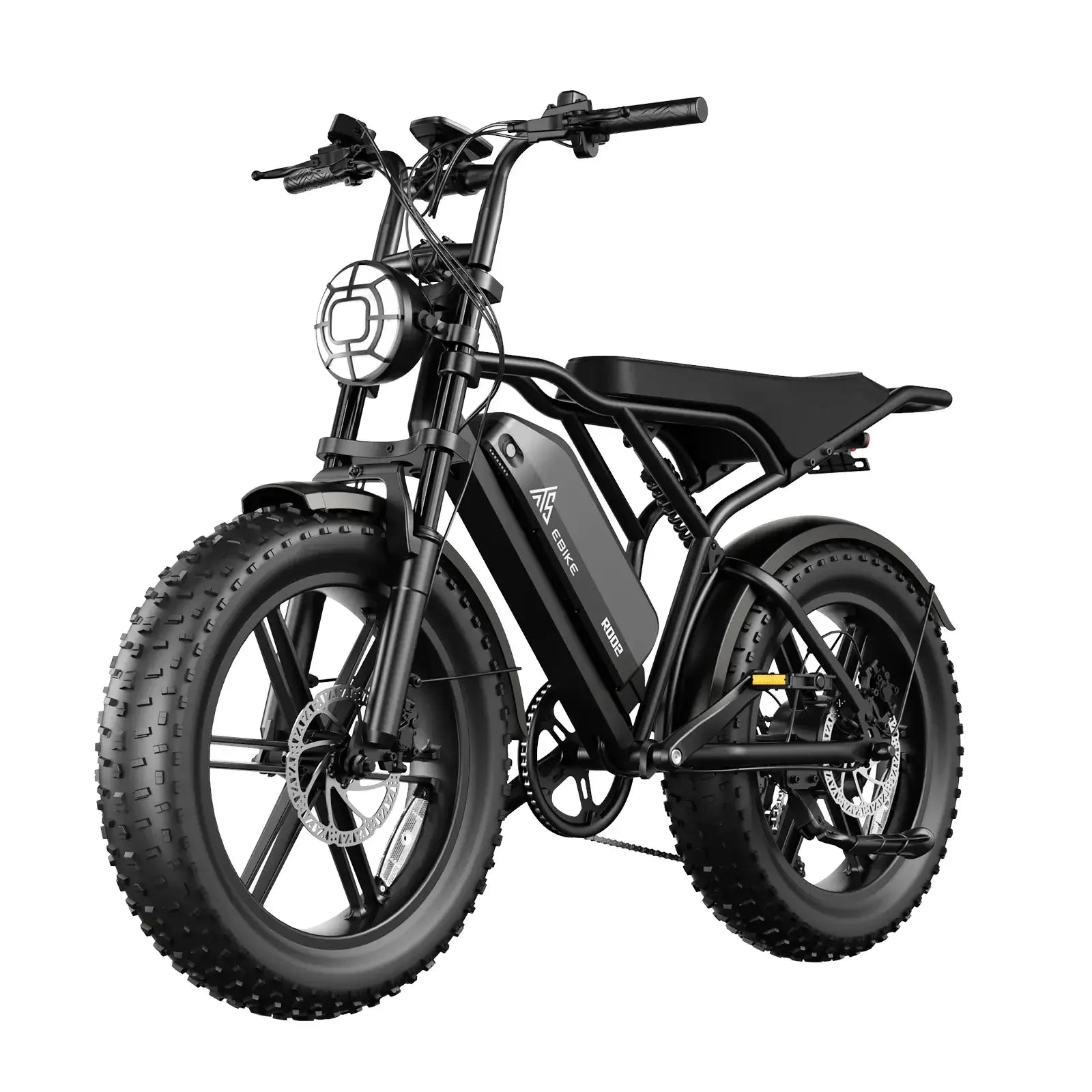
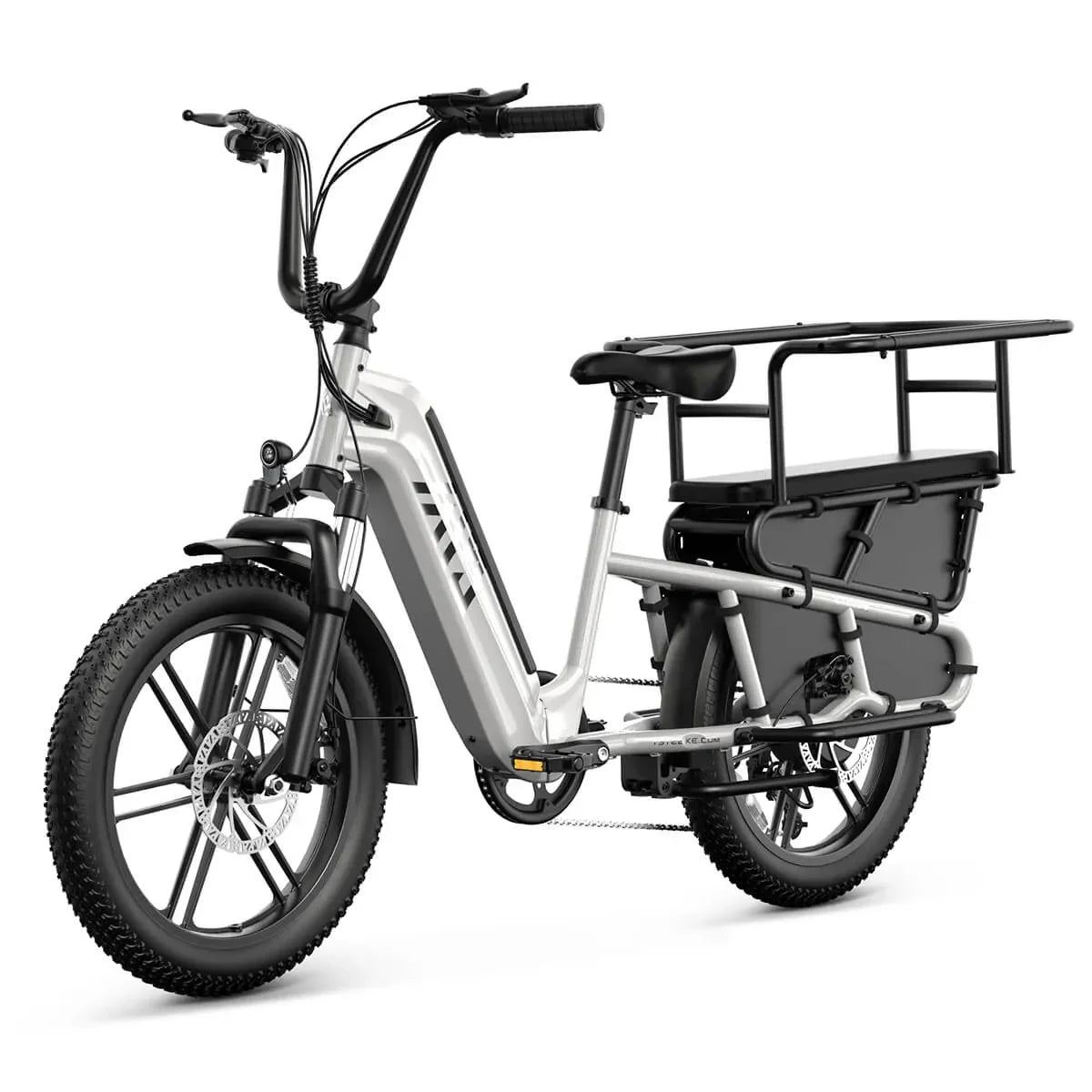
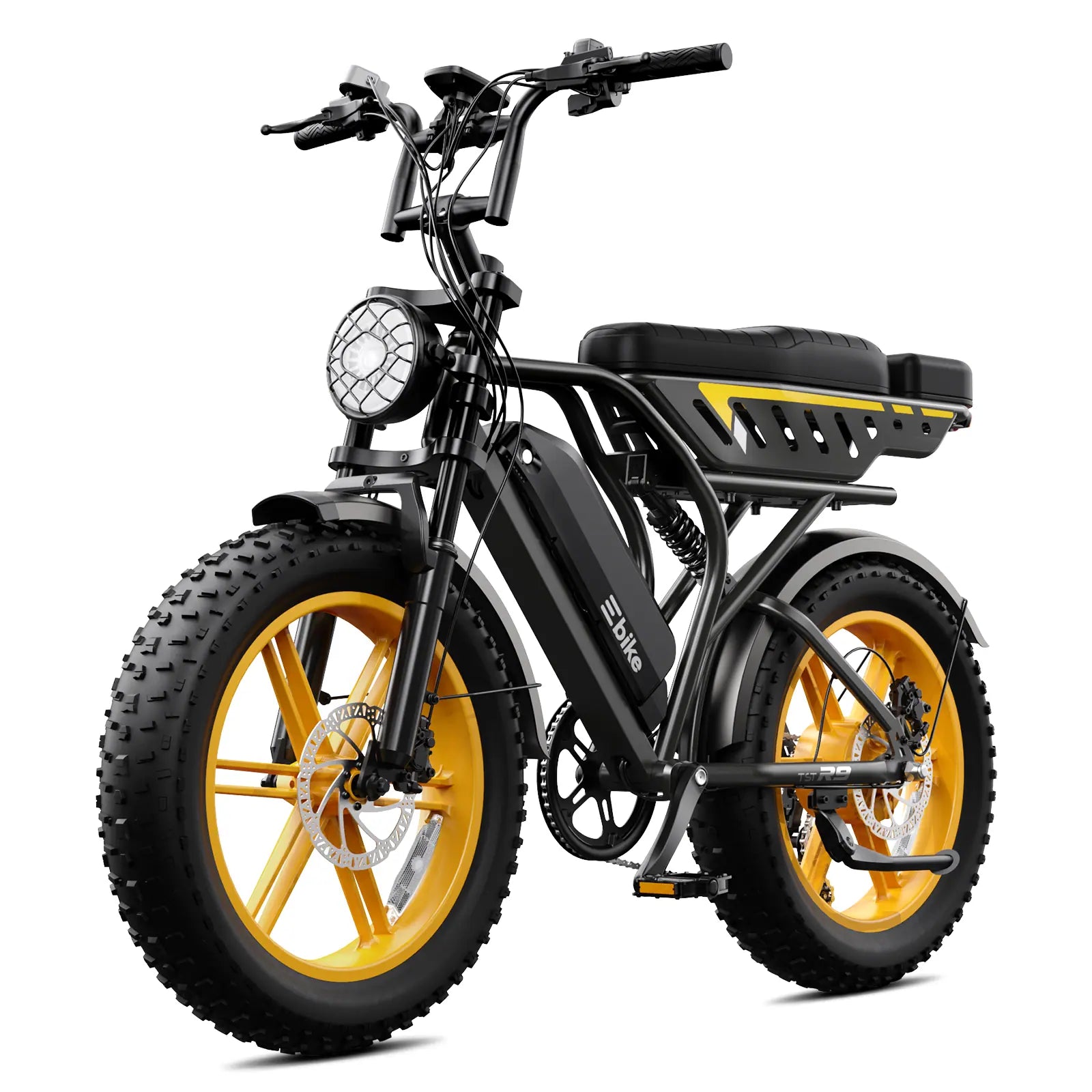
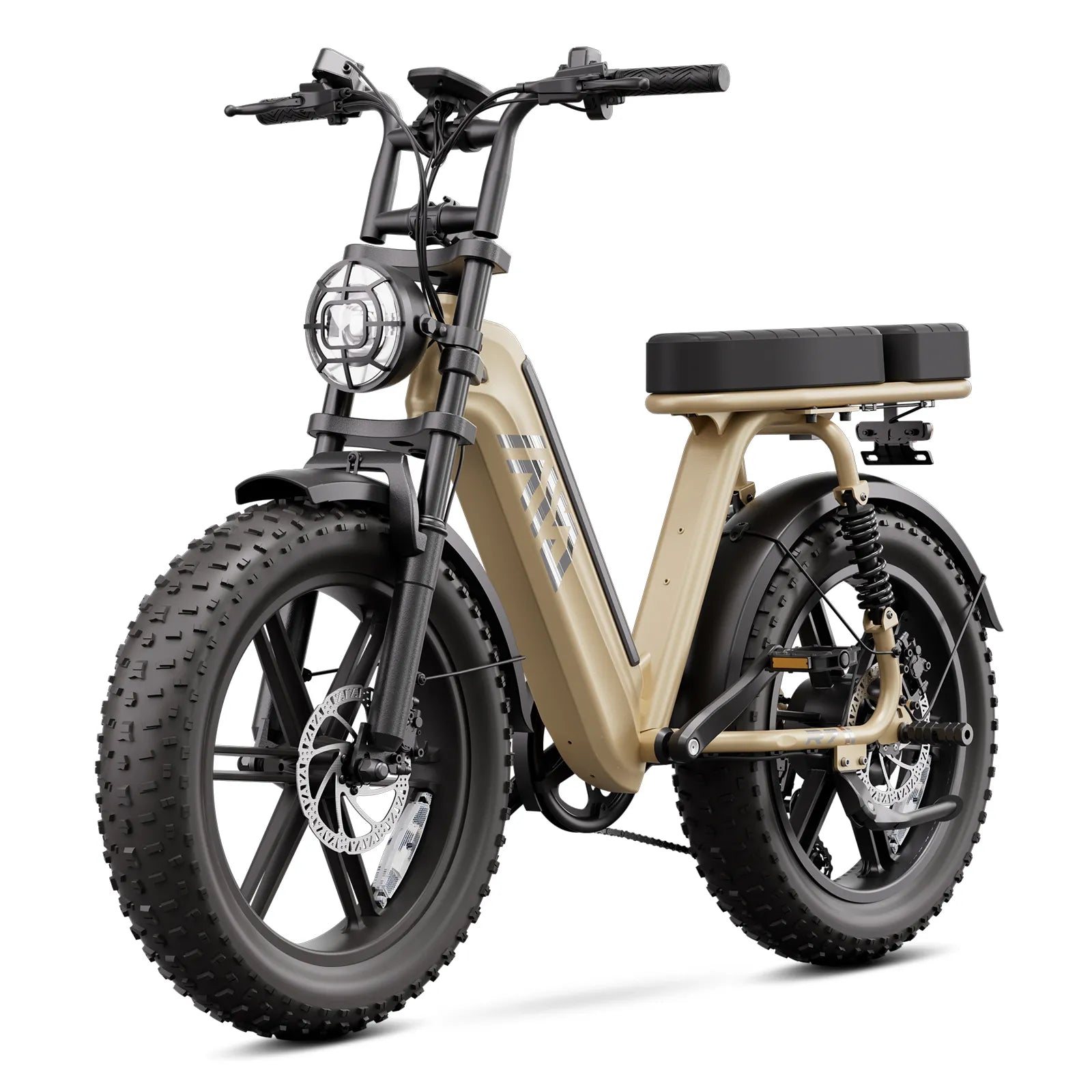
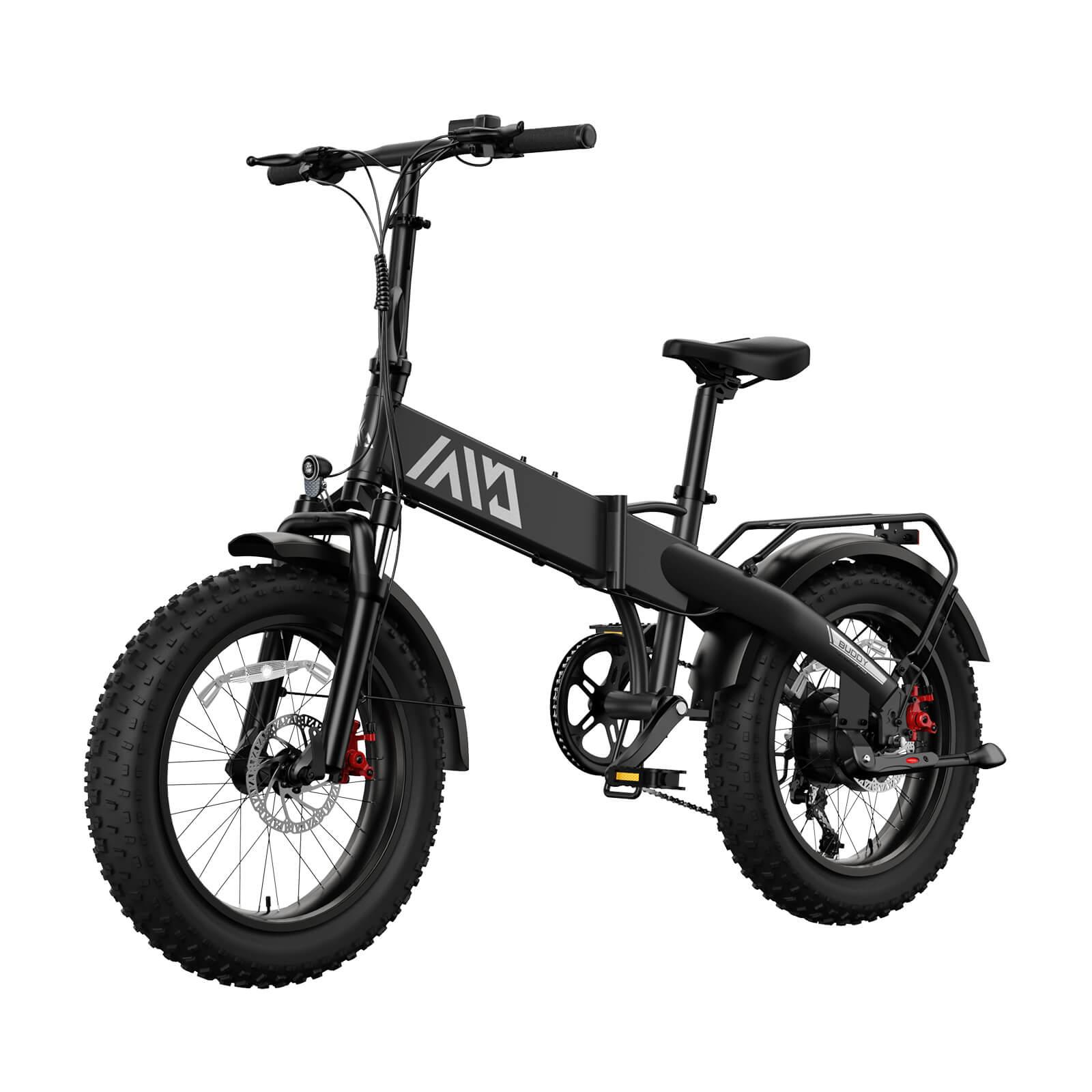

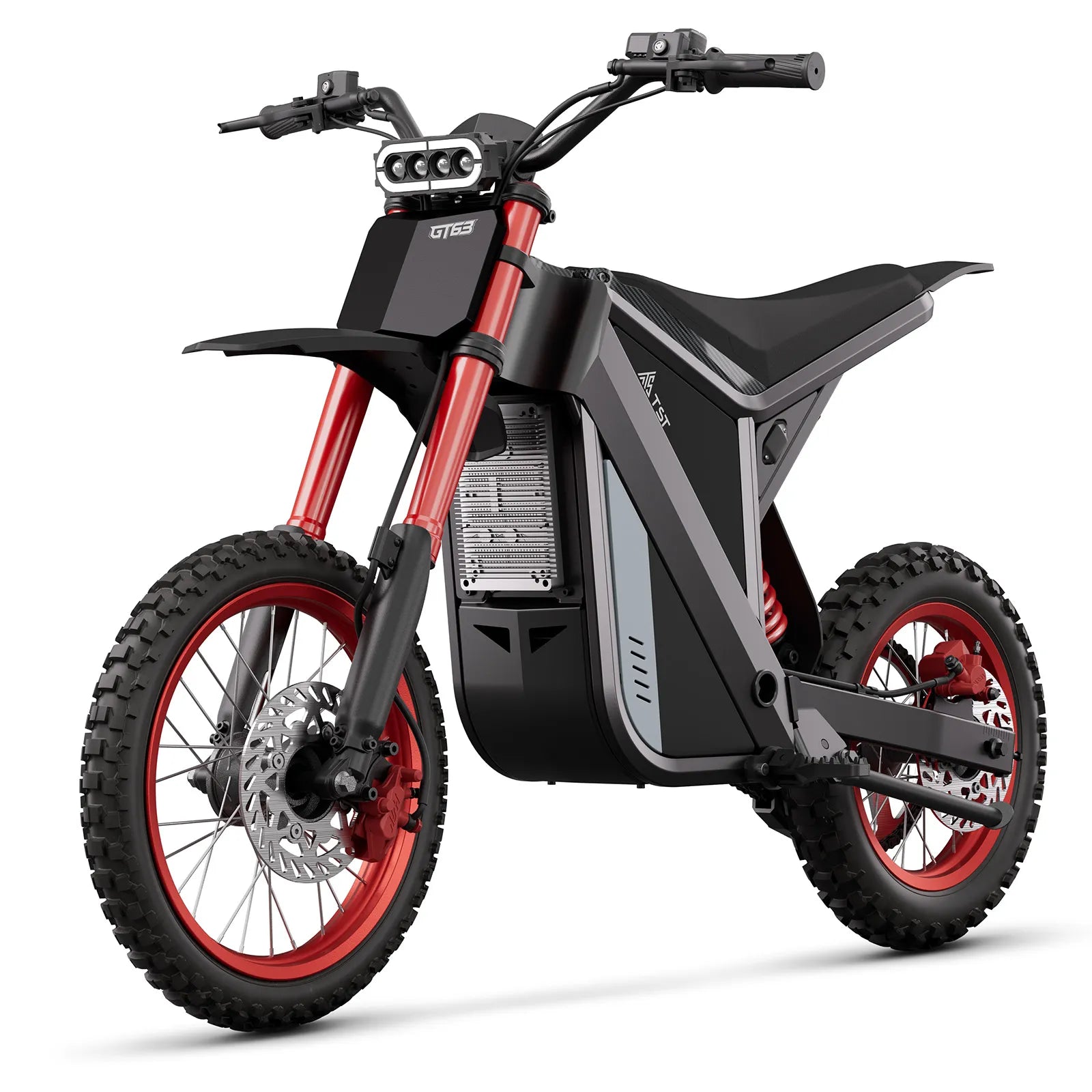
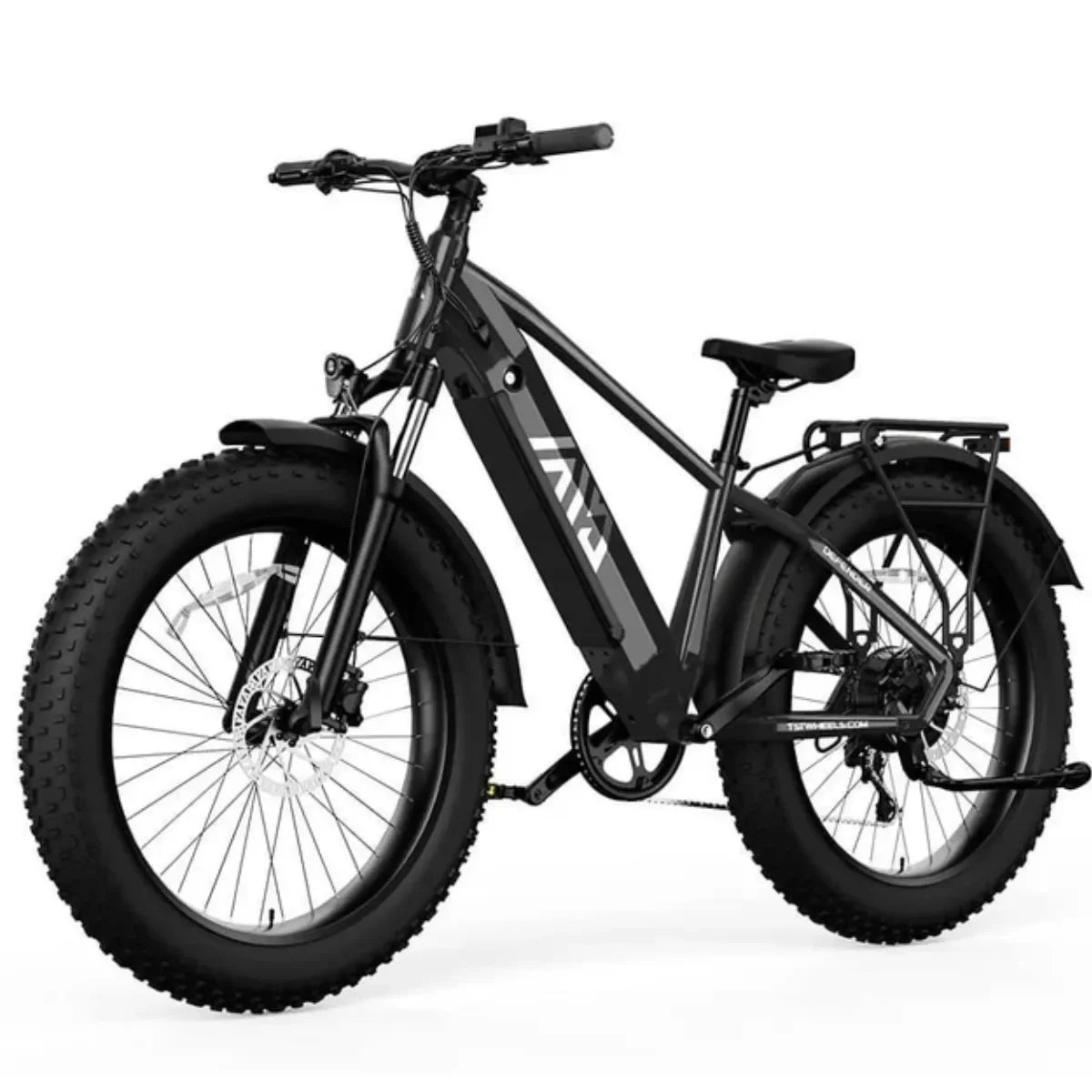
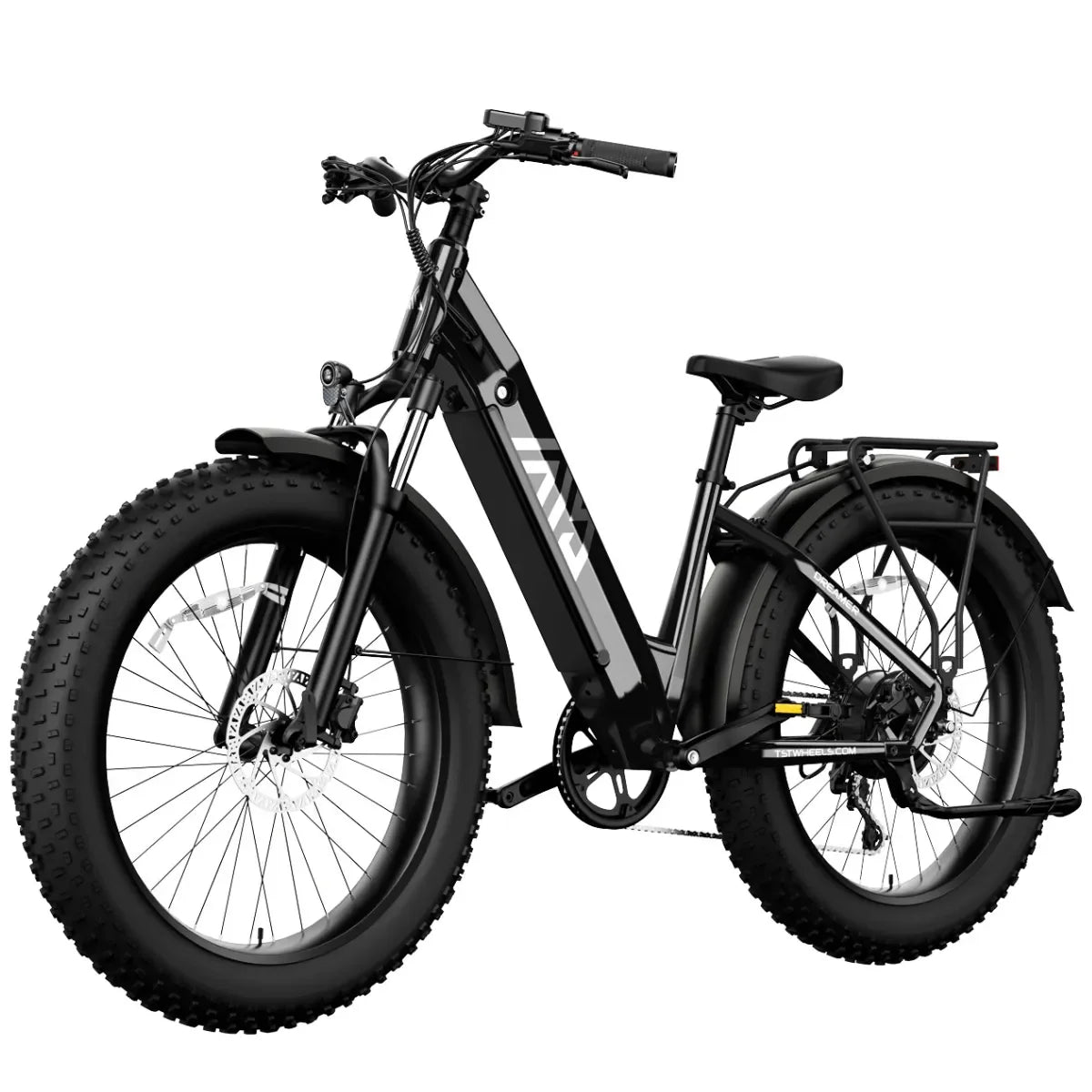
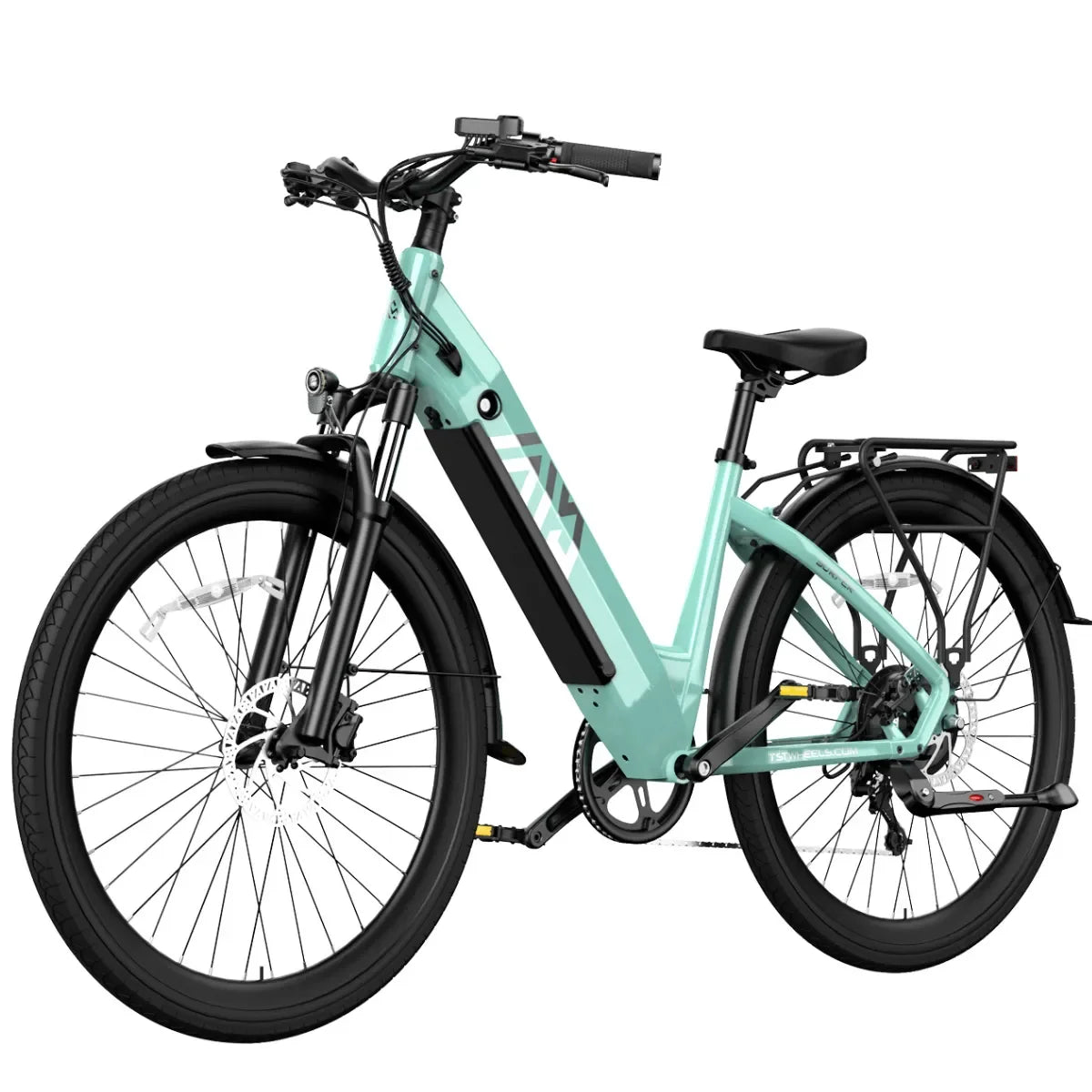
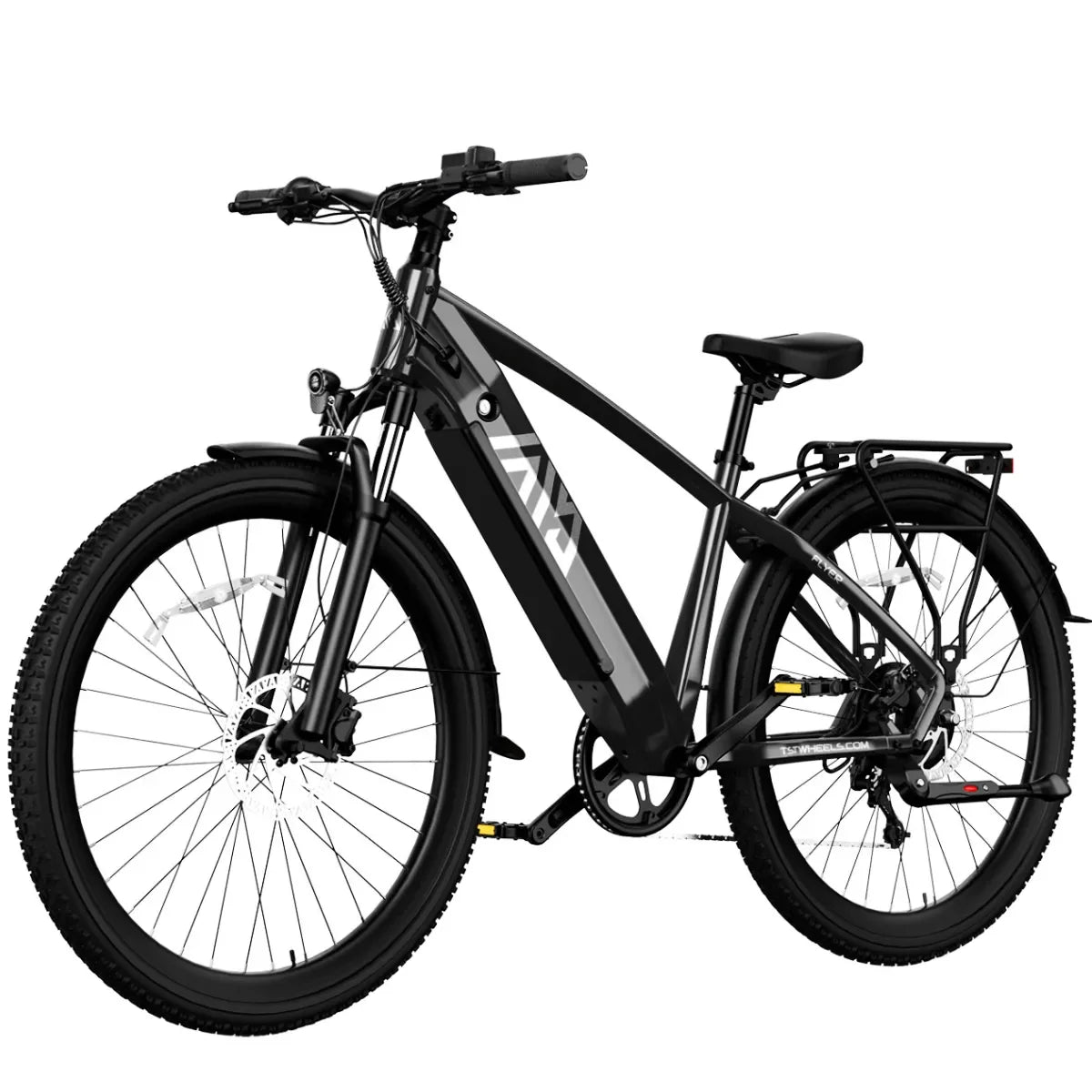
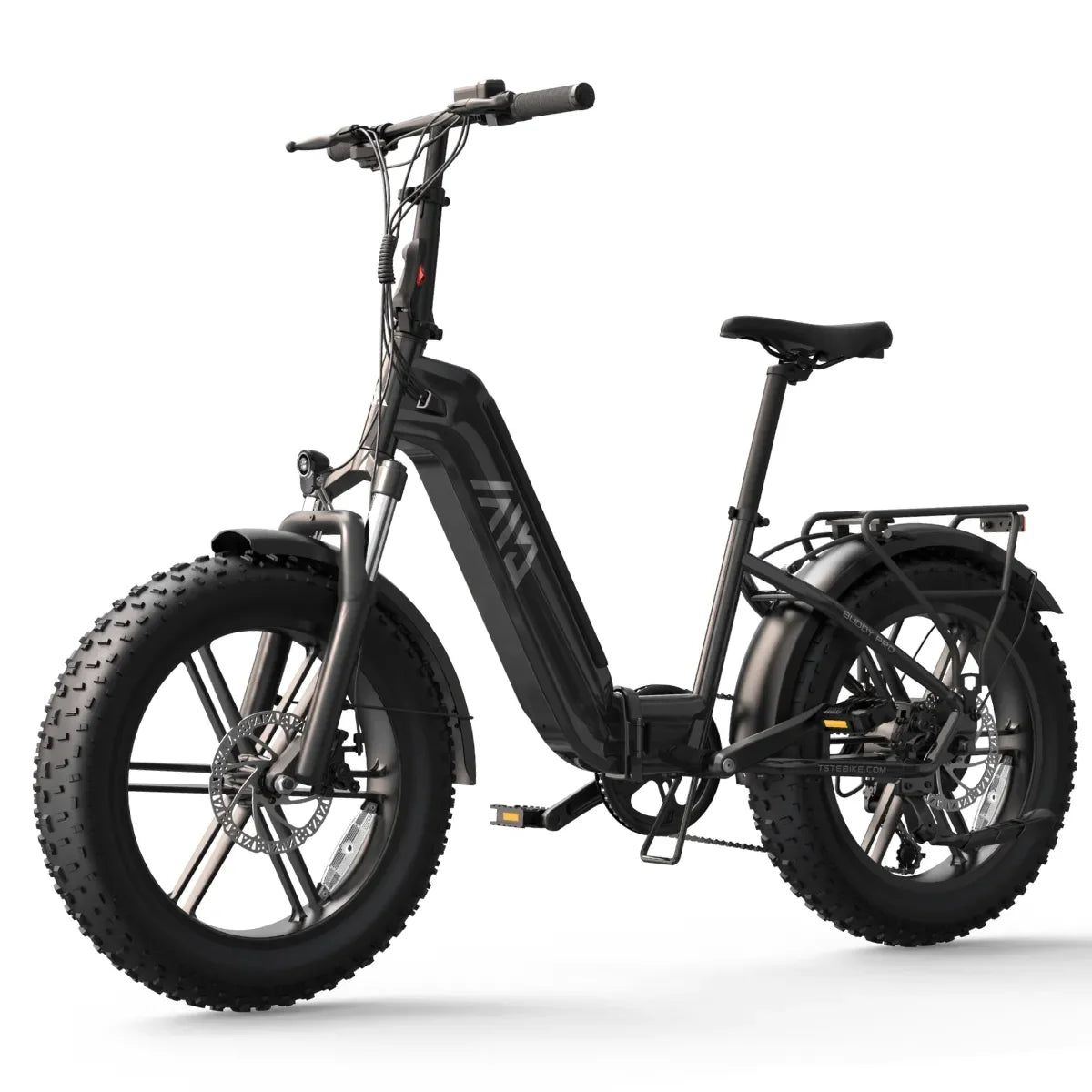
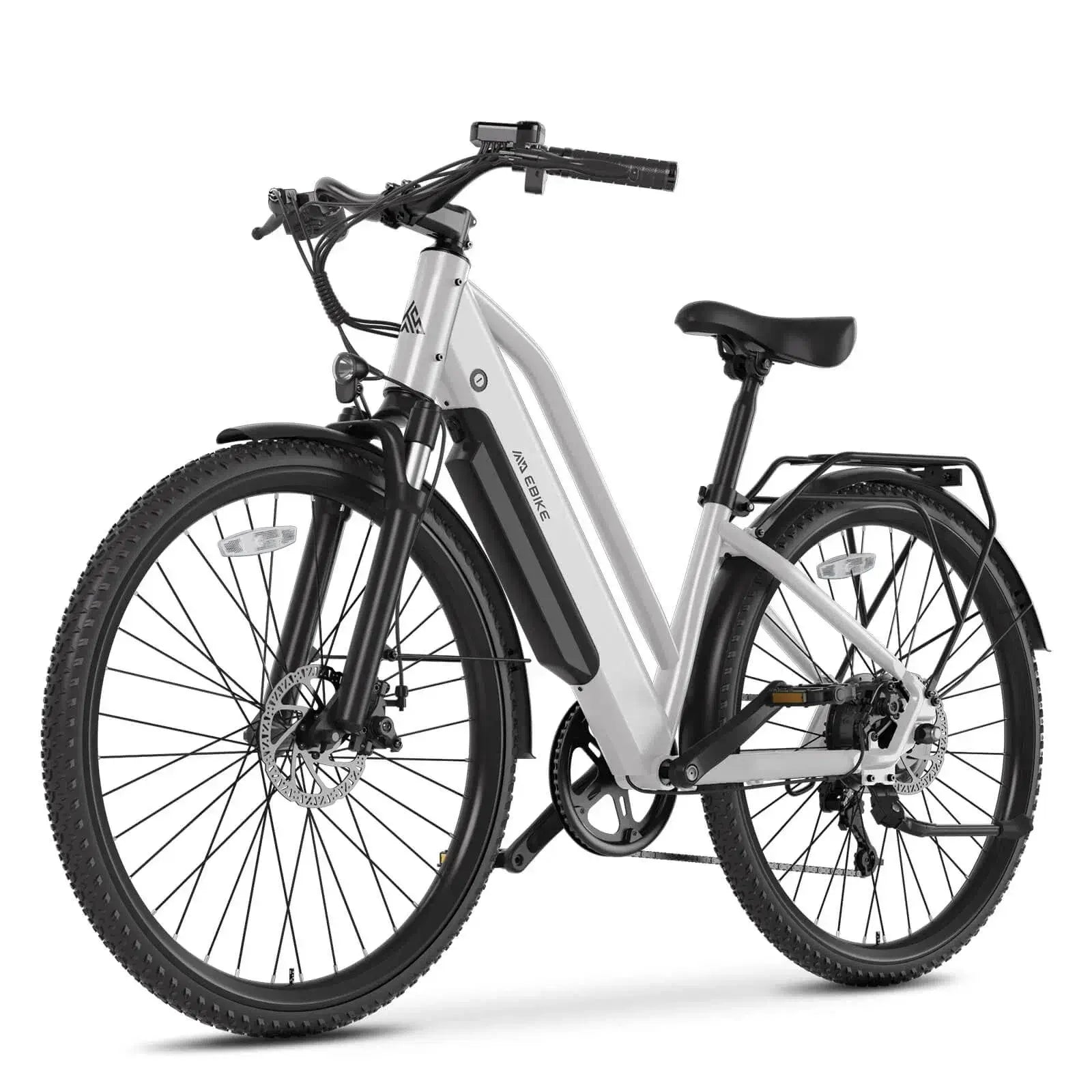


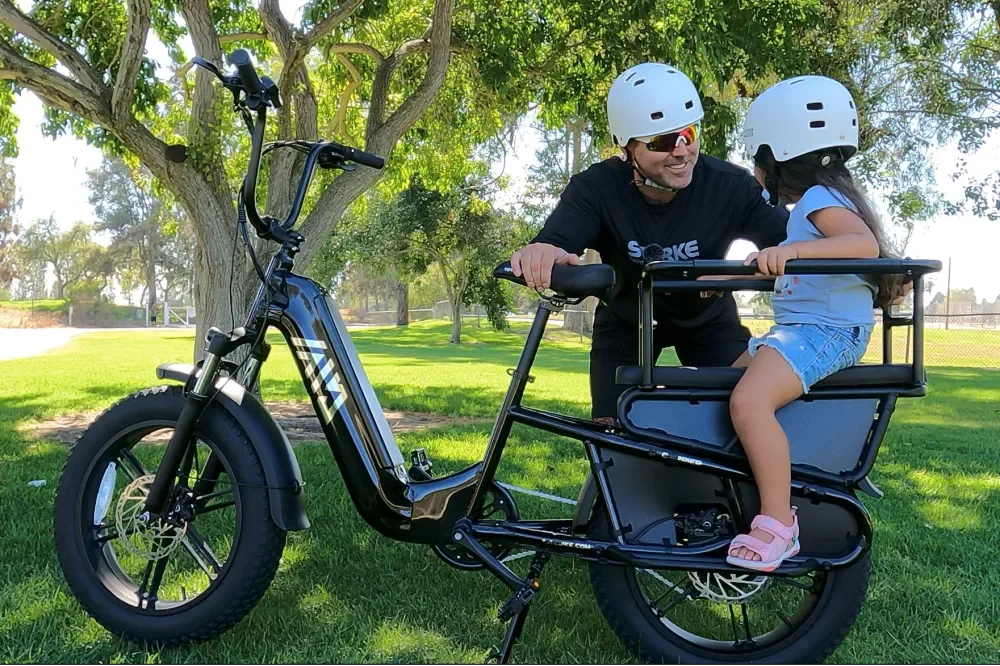


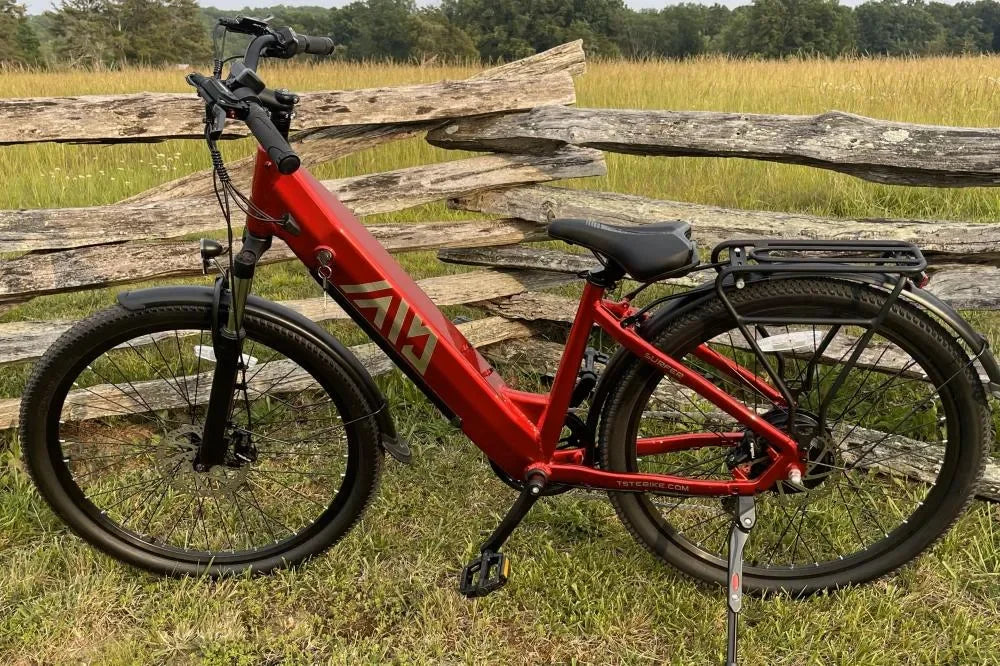
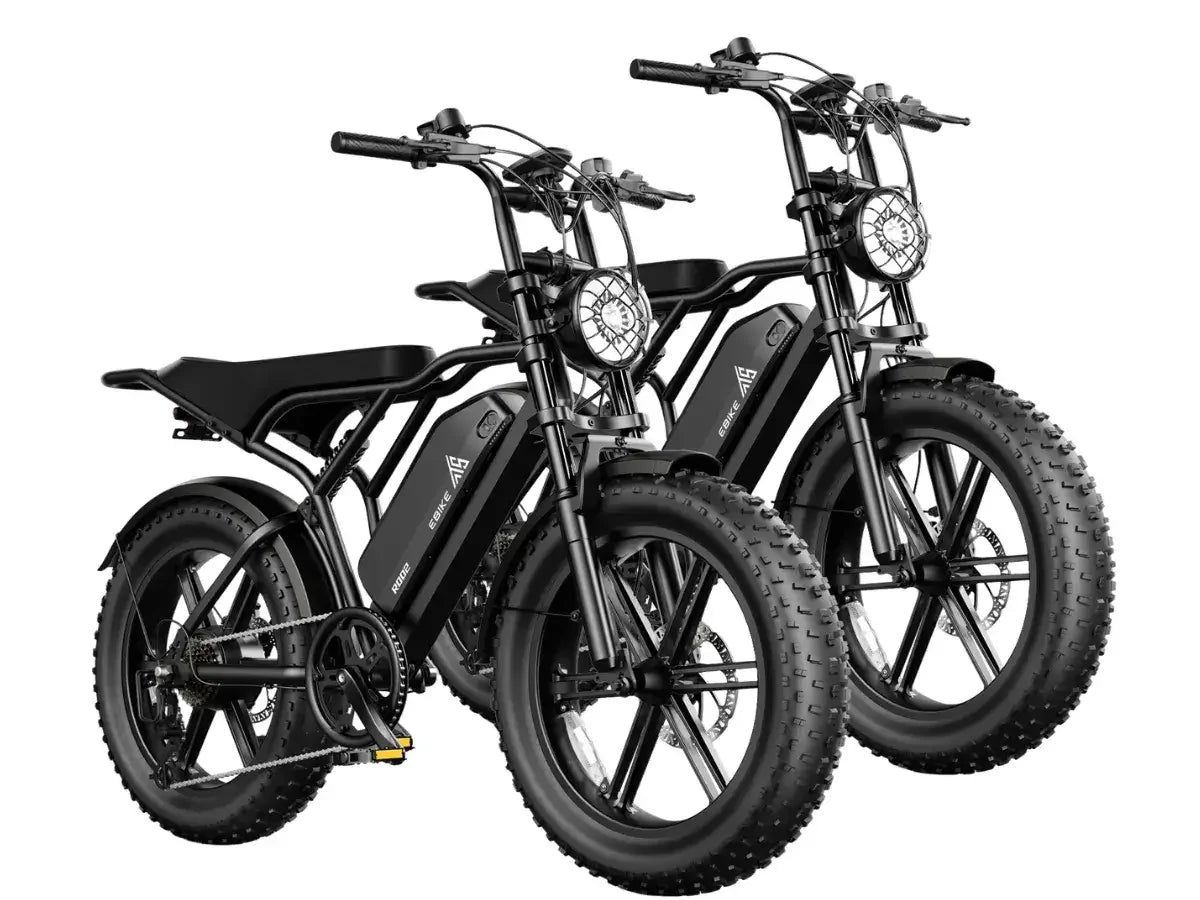
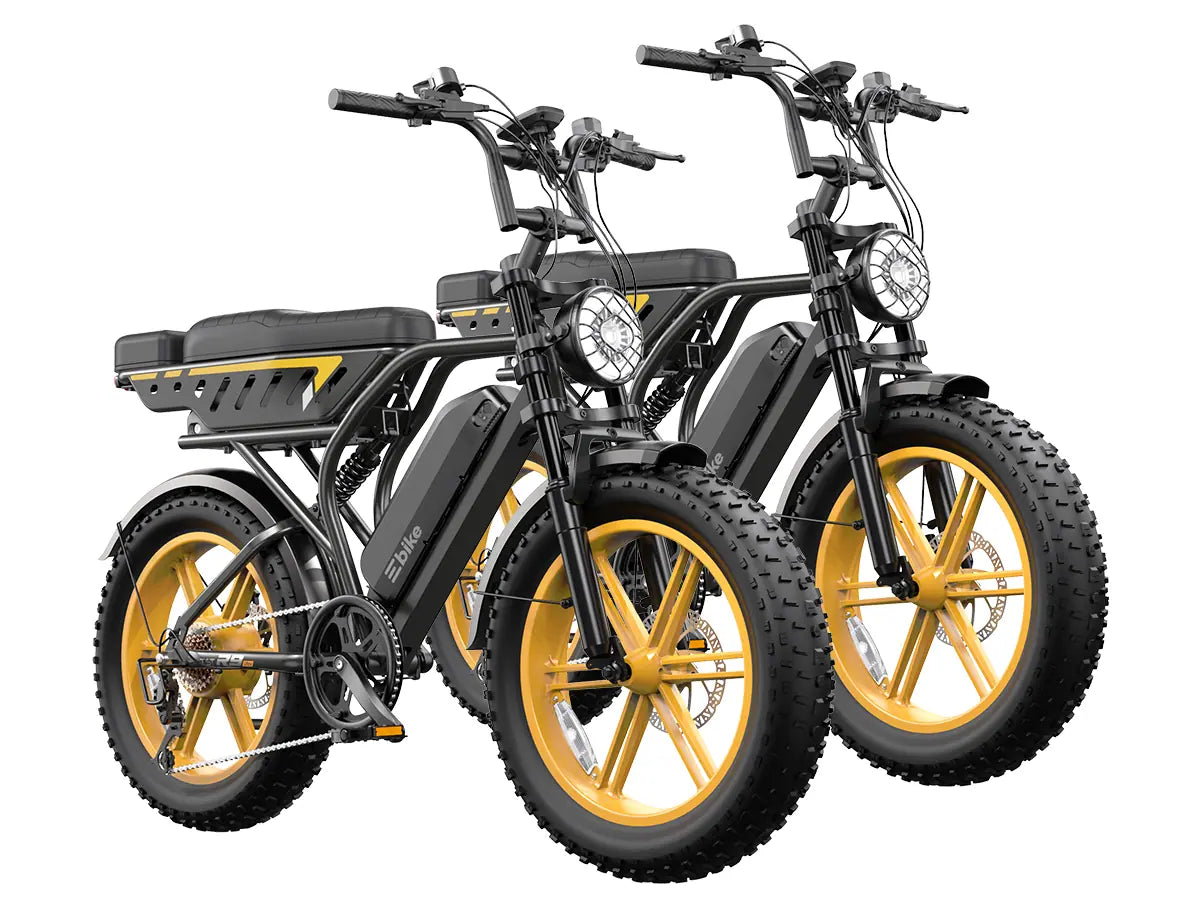
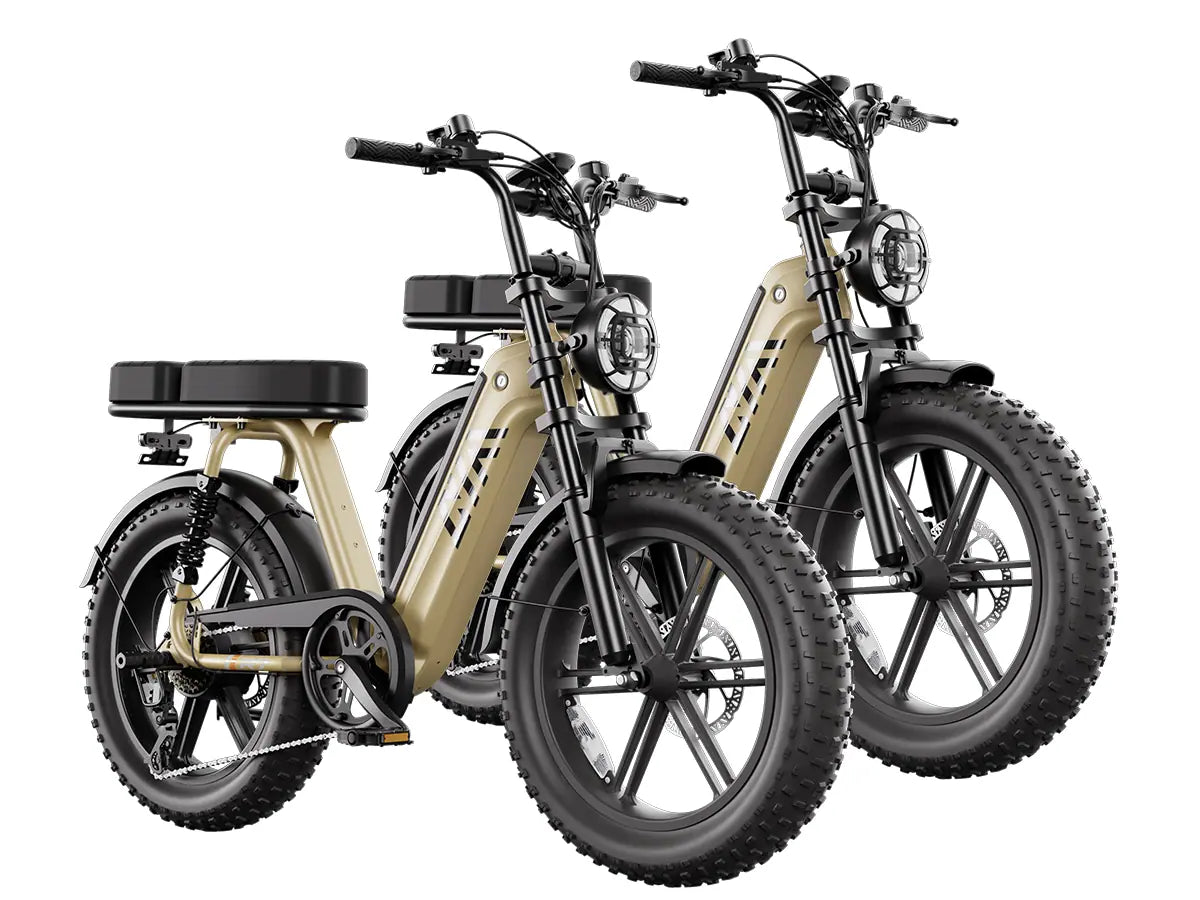
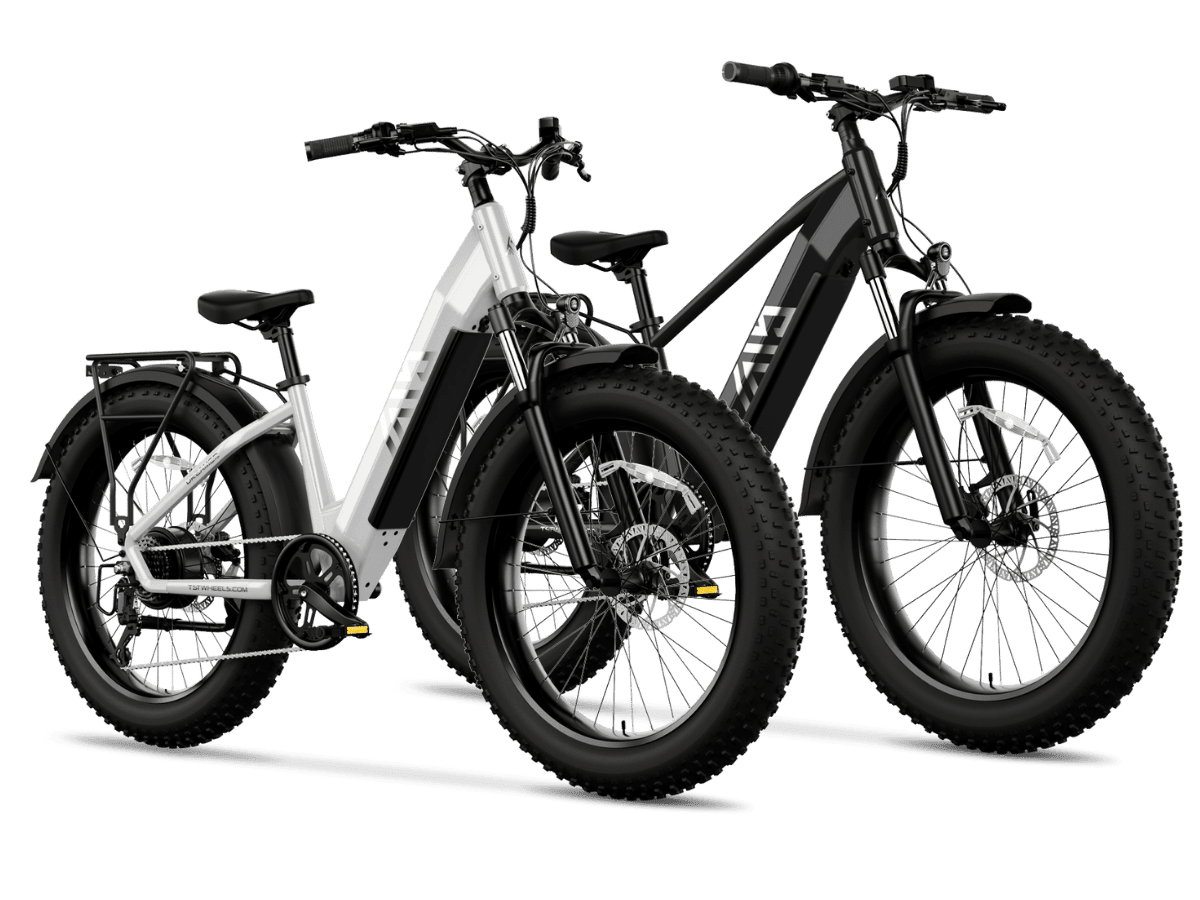
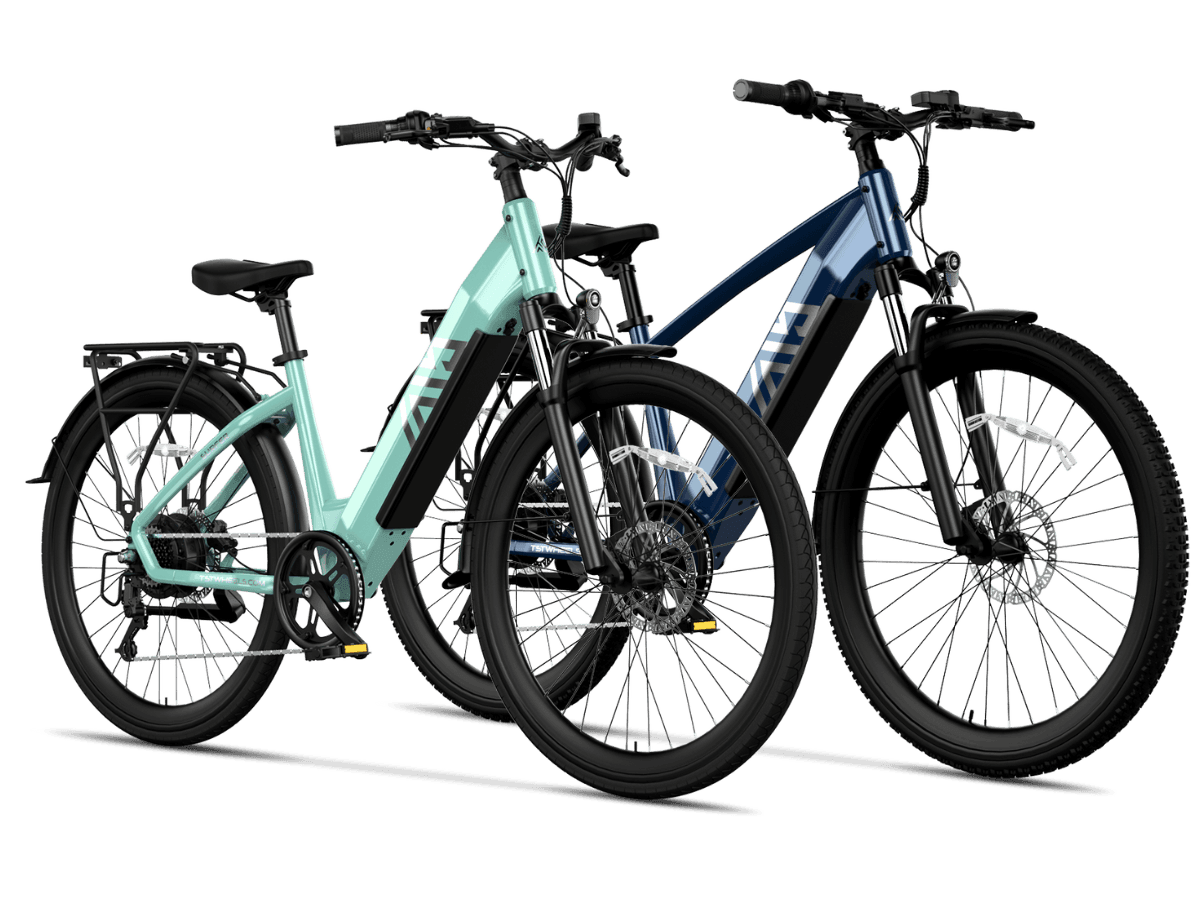
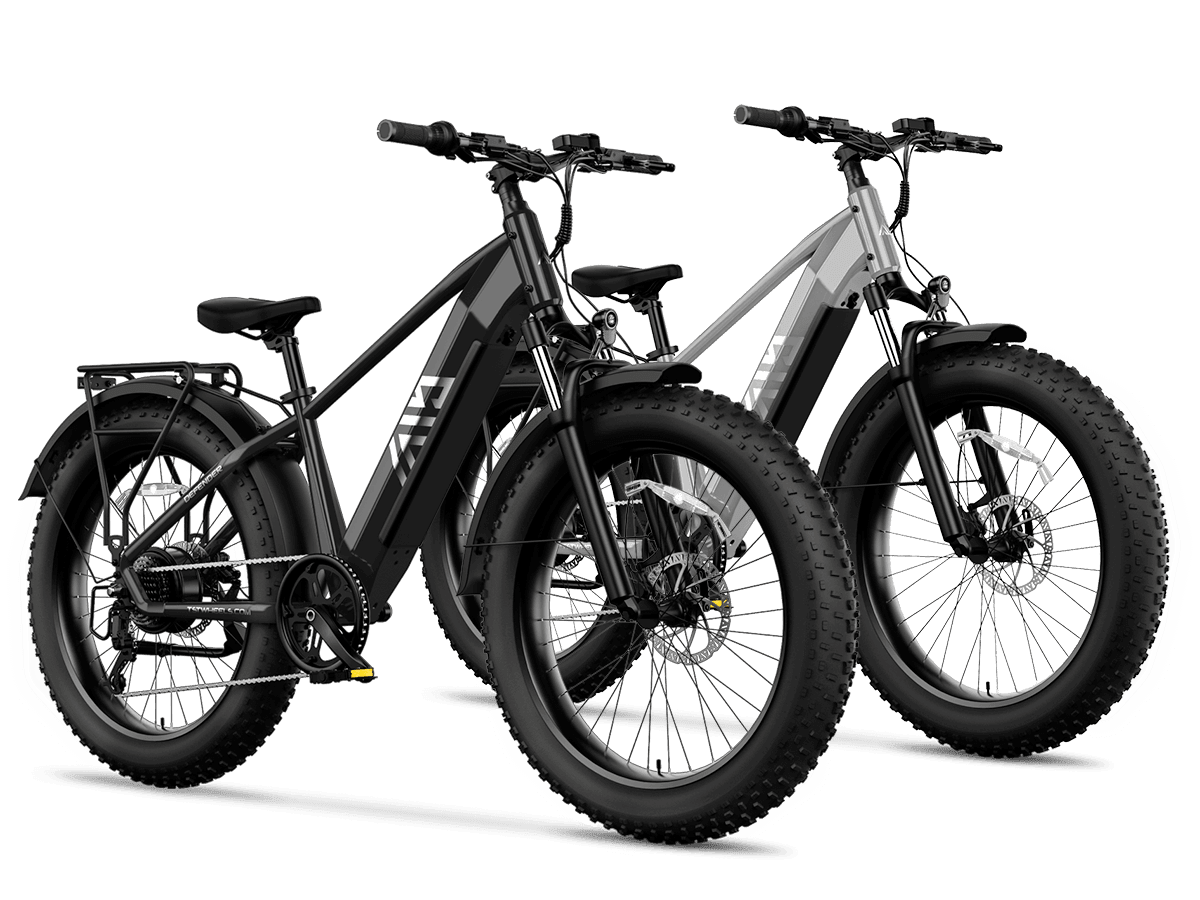
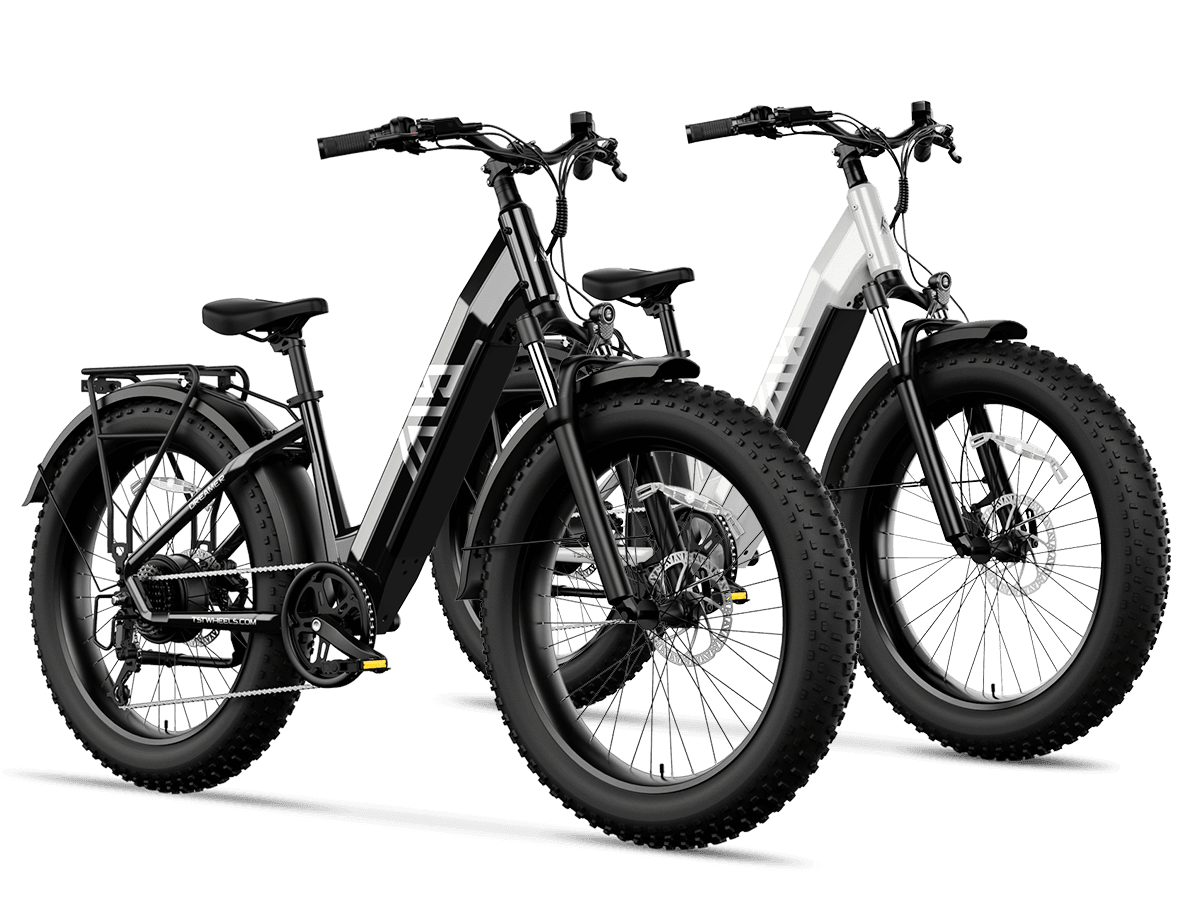
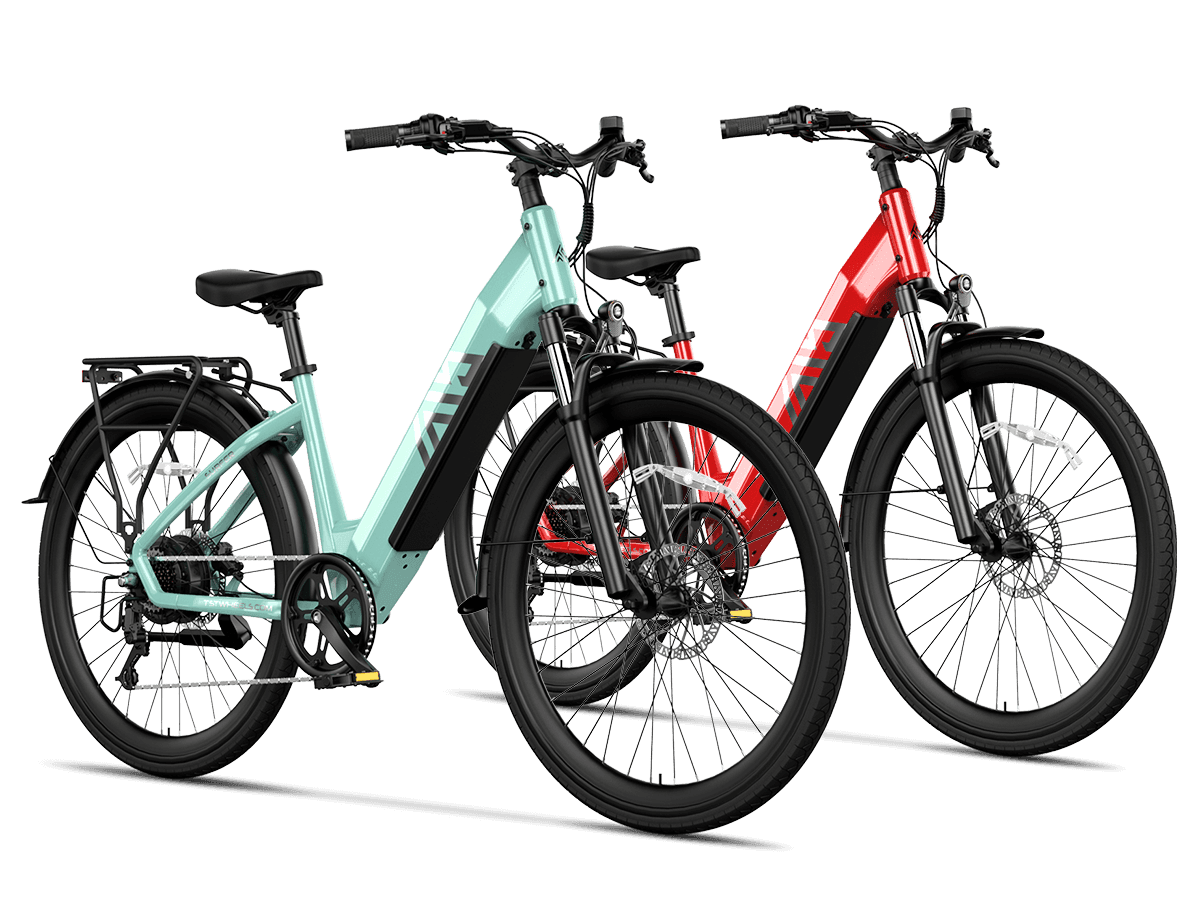
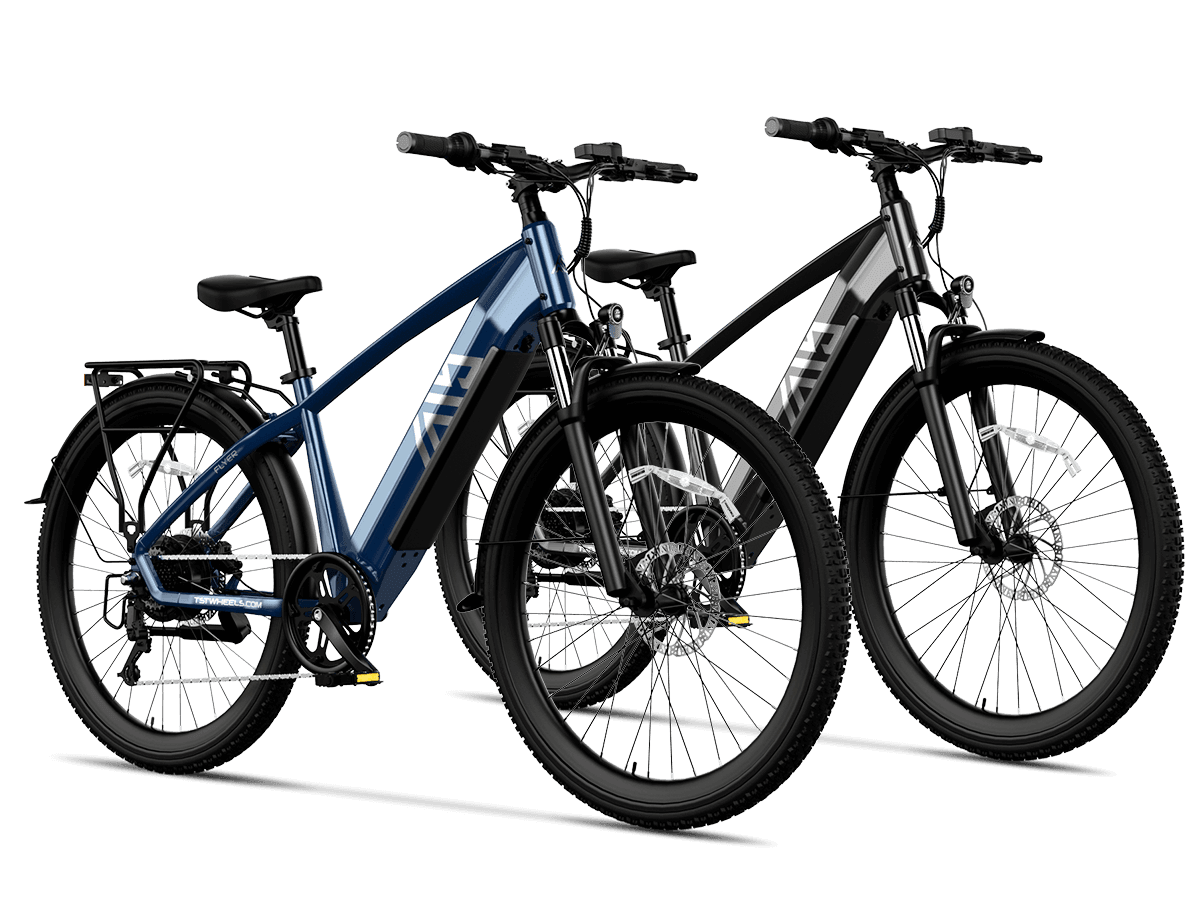


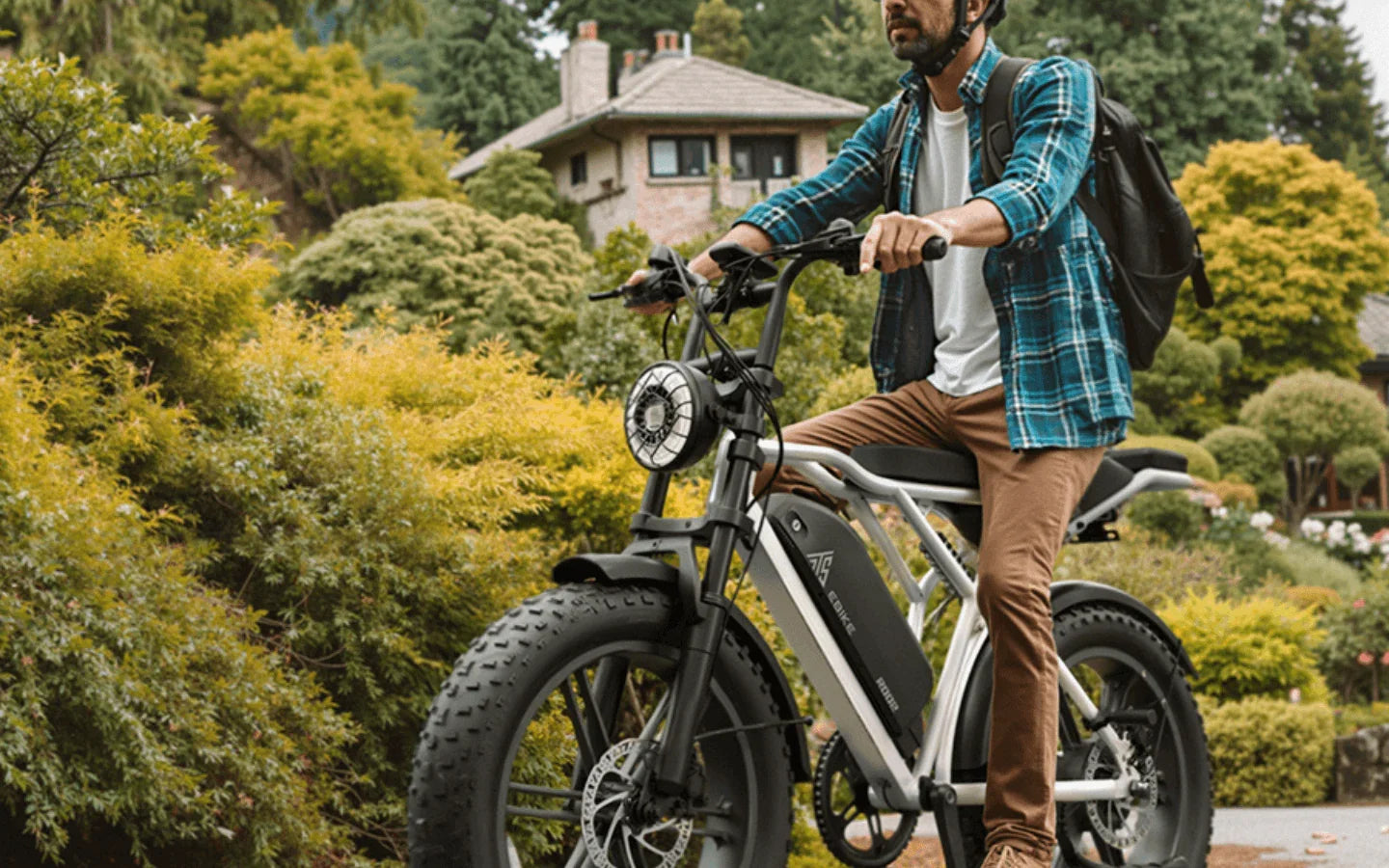
Leave a comment
This site is protected by hCaptcha and the hCaptcha Privacy Policy and Terms of Service apply.